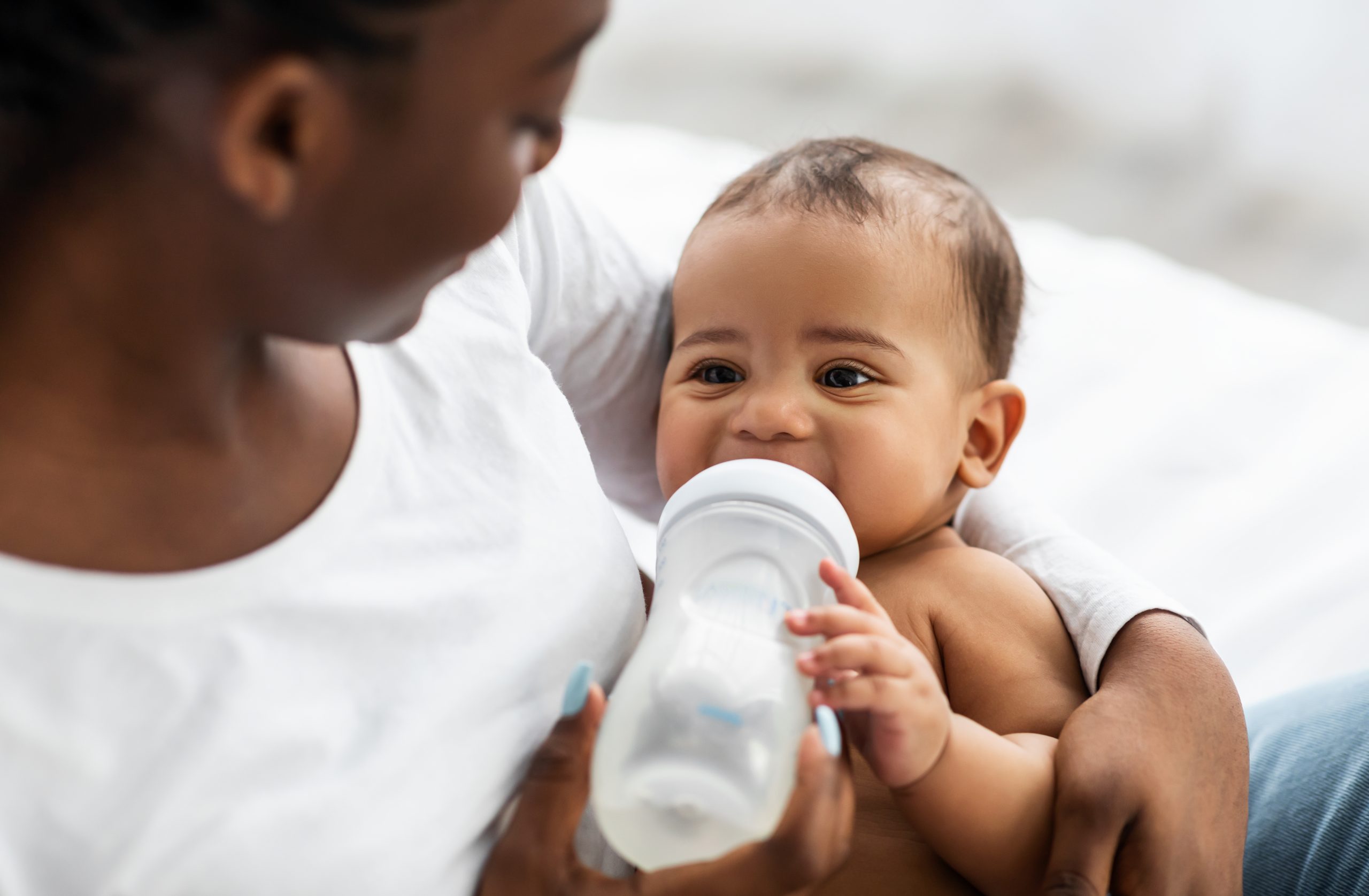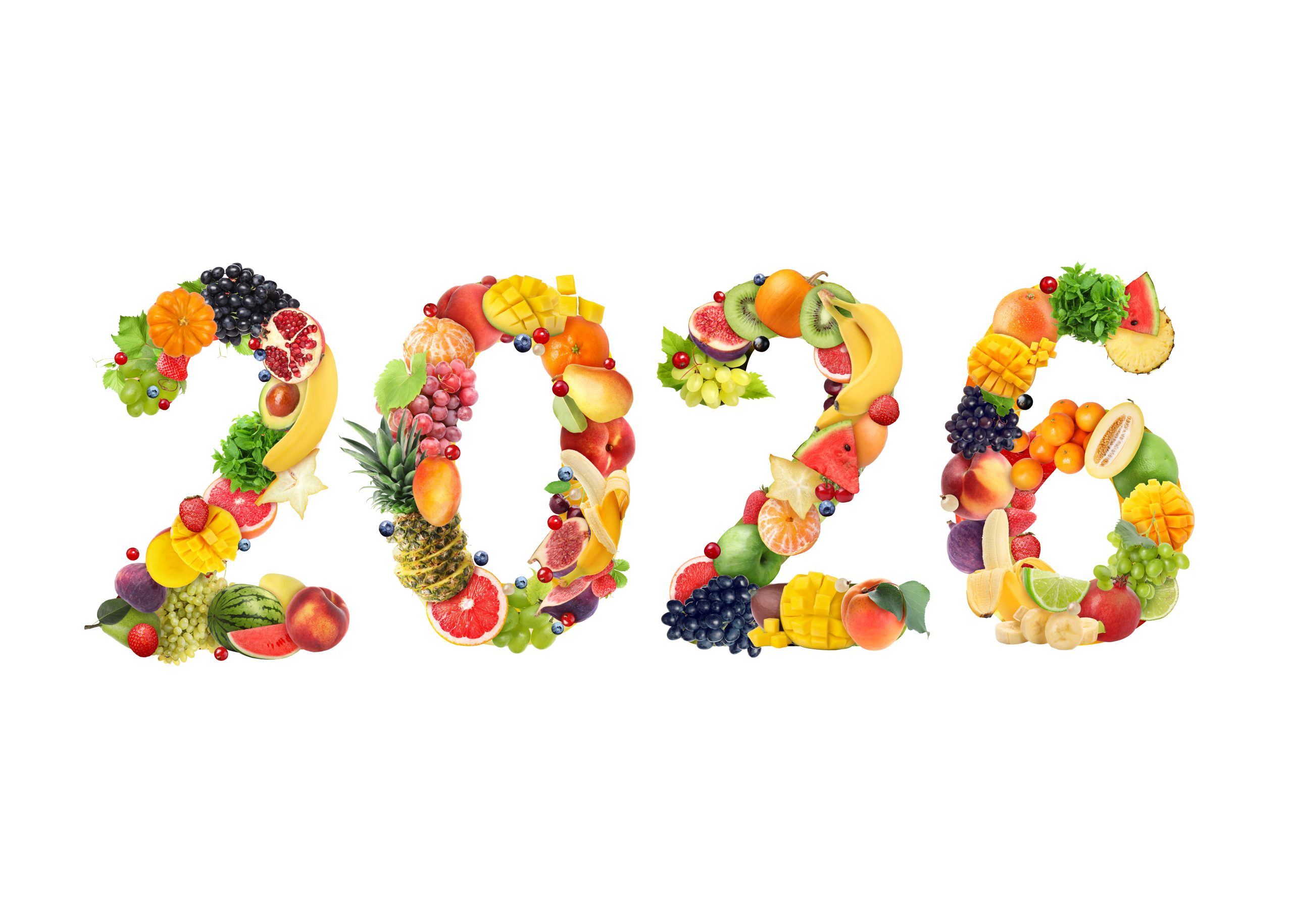Force majeure. Pandemic. Global disaster. Not phrases I ever thought I would include in a JNEB editorial. Yet, here we are. We’ve switched to teaching online in both the university and outreach settings. We are trying to stay in touch with friends, family, students, and colleagues. We are stretching ourselves in so many ways. But what’s a researcher to do?
Face-to-face research has been suspended at most universities to slow the pandemic, save lives, and ease the burden on our health care workers and facilities. This means the interviews and focus groups move online. Data collection points might be missed, or be self-reported instead of actual weights. How do we as researchers manage this practically, statistically, and in writing our manuscripts and reports? I don’t have a clear answer, but I do know that JNEB editors will understand. Don’t give up on your research and your work because of this catastrophe. If you have strategies to manage this interruption, please email me or send a Letter to Editor so JNEB can share and help our fellow researchers with perhaps not “best practices” but a “this will work” kind of approach.
Even if we are able to gather data, what does the pandemic mean to attitudes about weight management, vegetable intake, exercise habits, or self-efficacy? Data collected now about intentions to eat a more healthful diet might be very dissimilar to those collected last year. Are family meal practices as described by Pratt et al1 the same now as they were when those data were collected? Will the food availability at food pantries be the same as when Barone et al2 collected their data? Certainly, the barriers to program engagement as described by Wild et al3 will be expanded.
How will recruitment be affected even if the program is now online? Do people have other worries and no interest, do they really need that $25 gift card and sign up, or are they bored at home and looking for more to do? Has the pandemic put other health behaviors at the bottom of the behavior change “to do” list? I see lots of recipes being promoted online, but wonder, are the comfort foods more alluring? Am I afraid to buy fresh produce? Is everyone turning to homemade bread and canned goods?
These are challenging times and I have no doubt that we will all emerge as different people, different educators, students, and researchers. My thought this morning for being a better editor is to ask you all to help and share your thoughts on how to proceed with research, how to test for differences in before, during and after COVID-19, and what words to use in manuscript preparation to reflect you did all that you could in these extenuating circumstances. We are in this together, and will move forward.
continue reading
Related Posts
It’s a Busy Time for Nutrition. What’s Happening A current
The New Year is a time to look ahead…for dietary
SNAP benefits may have resumed but Dr. Marion Nestle assesses



